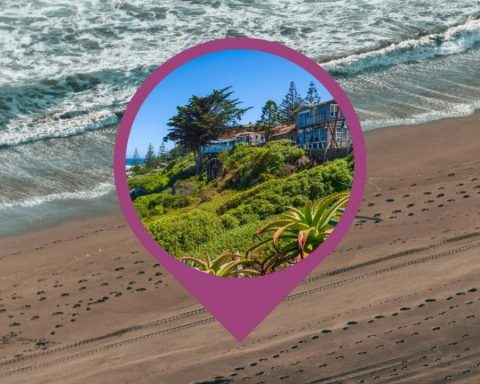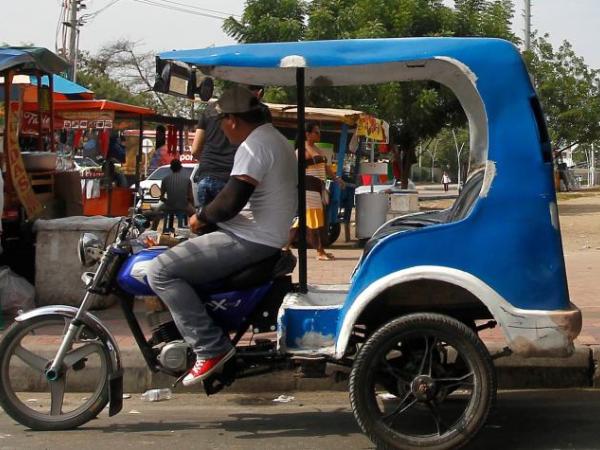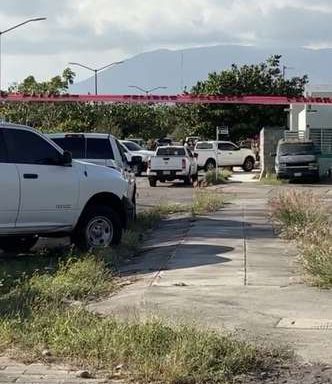The data is alarming. During the national holiday celebrations, the garbage generated per person in Chile is multiplied by 6 during each day of festivities, where each Chilean produces a total of up to 8 kilos of waste, according to Greenpeace. With a worrying context of environmental crisis, it is essential to generate greater awareness among citizens, with the aim of reducing the damage caused by parties like this one. However, the role played in this regard by political authorities, both central and local, is key.
In this regard, the director of the Diploma in Climate Change at the Alberto Hurtado University, José Miguel Araos, believes that factors such as lack of knowledge or lack of interest in recycling – which usually operates on a family scale -, in addition to little consideration of practices healthy environmental aspects in the local management of waste, could be decisive in the excessive increase of garbage in these celebrations.
Likewise, Araos adds that “many people travel on these dates, increasing the population, mainly in coastal areas, which are often not prepared for the increase in waste. To solve this, the implementation of collection plans especially for these dates ( and also to the summer vacation period, in which we also tend to see saturated rubbish bins) could help reduce this impact.
Experts in this matter consider that the political will of governments and regional and municipal authorities is essential to advance in the objective of reducing the environmental impact of waste, especially on dates like these. In this sense, there is agreement that more than promoting complementary measures to recycling, it should start by materializing in adequate collection centers, with a systematic collection of waste that avoids the agglomeration of garbage. More and better recycling circuits and a more fluid transit of collection trucks can help in this task.
In addition, and noting that waste management should be a priority issue throughout the year, the academician from the U. Alberto Hurtado considers that action plans should be foreseen for the dates in which the most garbage is generated – national holidays, season holidays and end of the year- reinforcing the management of waste collection and processing. “Unfortunately, this management operates in a fragmented way and many times is not fully integrated into municipal management, or with the actions of regional governments. Therefore, environmental initiatives must be integrated into local development objectives of different scales, and must consider as axis of action the climatic emergency that we are currently experiencing”, adds Araos.
The solutions of a circular logic
But in addition to recycling, there are other factors that could be decisive in the fight to reduce the amount of garbage, considering that much of this waste is made of plastic, going against the spirit of regulations such as the law that prohibits single-use plastic. use, in force today. During National Holidays, for example, it is common to use multiple decorations such as garlands and pennants, which are used only once and then discarded, negatively impacting the garbage footprint, a product of our consumption.
On this matter, the director of the Innovation and Circular Creativity Laboratory of the Faculty of Architecture, Art and Design of the Diego Portales University (UDP), Eugenio Grove, considers that there is currently no incentive from the general policy to promote, develop and finance projects that show and educate citizens about habitual behaviors and their effect on the environment. In this regard, he believes that the great challenge is to mitigate the amount of waste through actions that can directly help people’s pockets.
The UDP academic explains that from the municipalities there should be incentives for those establishments and establishments that promote the use of returnable or reusable elements, such as glasses, as occurs in international events such as Oktoberfest in Germany. “For that there must be more education, but there must also be an interest from the event organizers themselves. For example, if an earthquake costs $5,000 pesos in a restaurant, and a specific discount is offered for customers who come with their own glass, there would already be an incentive, and that percentage of pollution avoided, no matter how small, is something the organizer is gaining,” adds Grove.
In addition, he believes that “we do not reflect at all when it is said that what we leave the most as a legacy is the footprint of garbage, that is our main footprint. The footprint of our waste is something that no one can dispute, that is visible and that is bringing consequences such as contamination of the ecosystem, which is a direct consequence of the progressive productive development of our consumption. In this regard, there are some tools of the circular economy, which is a system that manages to circulate materials so that they remain in a constant transformation process, to prevent them from ending up in a landfill, much less in the sea or in any ecosystem. In other words, plastic has to go back to being plastic, cardboard has to go back to being cardboard”.
Finally, in order to create greater awareness among consumers, Eugenio Grove suggests that greater impact should be promoted in order to obtain concrete results. “If it is said that an inn generates a ton of garbage, it is something that does not produce an effect on people. It would be different if, as an exercise, that ton of garbage was piled up on a hill made up of this waste. It is very likely that this would generate a visual impact, understanding it as a generator of awareness. Showing people what it means to be in front of a pile of garbage could impact them more than with speeches that do not have a significant effect, ”he concluded.


















